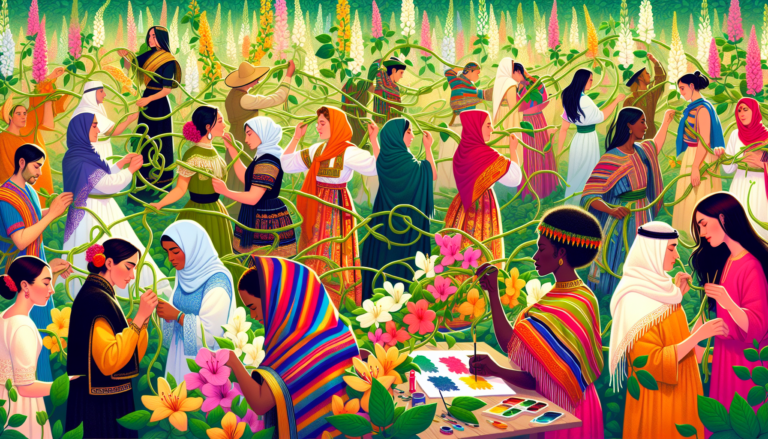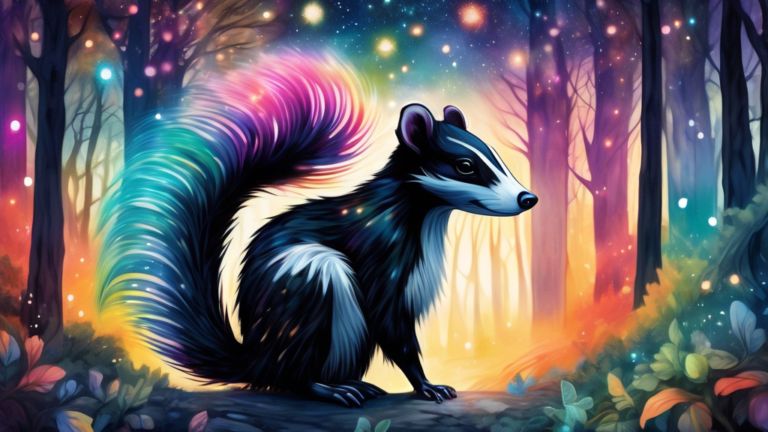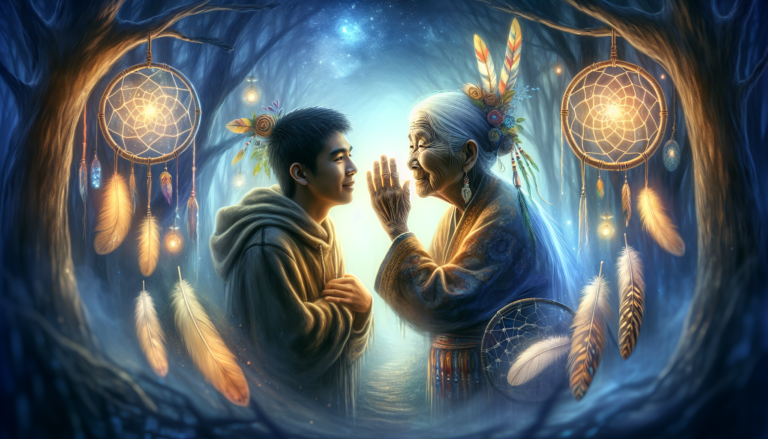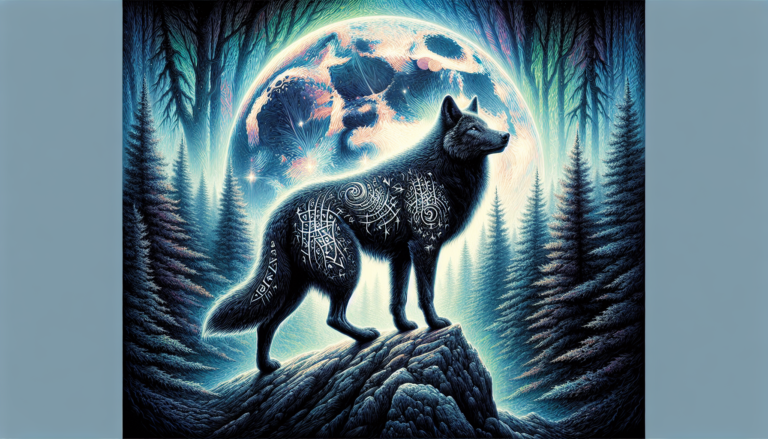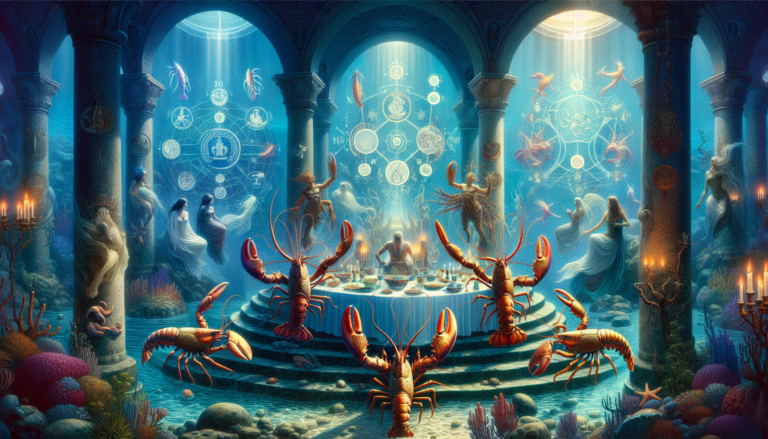Exploring Penguin Symbolism: Meanings and Cultural Significance
Introduction to Penguin Symbolism
Penguins are one of the most distinctive and beloved animals on the planet, known for their waddling gait, black and white coloring, and remarkable adaptations to their icy environments. However, beyond their charming appearance and ecological roles, penguins carry a wealth of symbolic meanings and cultural significance across various societies. In this article, we will delve into the various aspects of penguin symbolism, exploring their meanings and how different cultures perceive these charismatic avians.
General Symbolic Meanings of Penguins
Penguins are often seen as symbols of adaptability and survival. Living in some of the world’s harshest environments, they exhibit incredible resilience and the ability to thrive where other species might fail. Their black and white plumage has been interpreted as a symbol of dualities and balance, reminding us of the importance of harmony in our lives.
Additionally, penguins are frequently associated with family and community. Known for their social nature, penguins often huddle together for warmth and can show remarkably sophisticated cooperative behaviors. This characteristic highlights the values of teamwork, loyalty, and mutual support.
Penguins in Cultural Contexts
Indigenous Interpretations
In some indigenous cultures of the Southern Hemisphere, where penguins are commonly found, these birds hold special meanings. For example, among the Maori of New Zealand, the penguin is seen as a guardian of the seas, guiding the souls of the deceased through the waters. This cultural perspective underscores the penguin’s role in spiritual guidance and protection.
Modern Symbolism and Media Influence
In contemporary times, penguins have often been featured in books, movies, and television shows, typically portrayed as characters that emphasize the virtues of friendship, perseverance, and ingenuity. This is particularly evident in children’s media, where penguins are depicted as cute, approachy, and clever, making them relatable and inspiring figures to younger audiences.
Psychological and Personal Symbolism
Penguins also hold significant personal and psychological symbolism. To many, they represent the idea of navigating through life’s challenges with grace and determination. The fact that penguins are flightless yet excellent swimmers can also symbolize the notion of using one’s unique strengths to overcome limitations and achieve success.
Spiritual and Dream Interpretation
In spiritual and dream interpretations, penguins often symbolize renewal and adaptation. Dreams involving penguins can be viewed as messages to embrace one’s environment and to keep moving forward despite obstacles. In some spiritual circles, penguins are considered totem animals, helping guide individuals or communities through periods of change and transformation.
Penguins in Literature and Art
Literature and art also reflect the rich symbolism associated with penguins. From the beloved Mr. Popper’s Penguins in children’s literature to their visual depiction in countless artworks, prollers often use penguin imagery to evoke themes of isolation, community, and the stark beauty of nature. These works contribute to our understanding of penguins not just as animals, but as meaningful symbols that resonate on multiple levels.
Conclusion
While often just perceived as amusing and awkward-yet-adorable birds, penguins carry layers of symbolism that span cultures and generations. Whether viewed as symbols of adaptability, resilience, and community or used as emblems of the spiritual journey, penguins richly demonstrate how nature’s creatures can embody profound meanings that resonate with humans across the globe.
The Symbolic Meaning of Rhinos: Ancient Representations and Modern Associations


